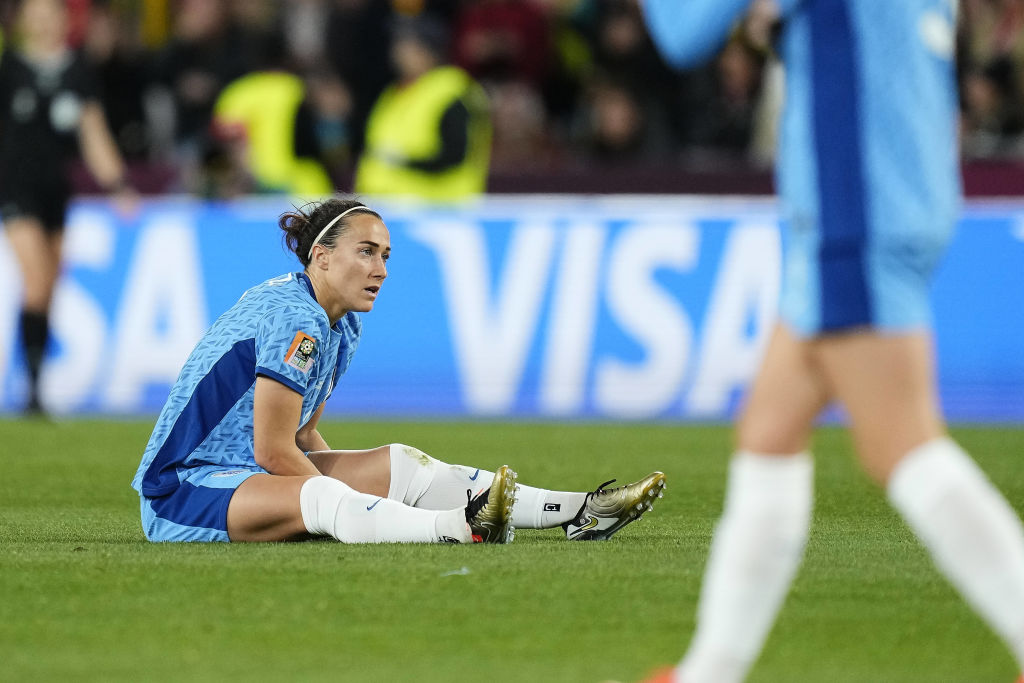Hurt goes on for England, but will Spanish women’s football catch up at league level?

And so the hurt goes on. Like other England teams before them, the Lionesses battled bravely in the Women’s World Cup final but ran aground against technically superior opponents who ruthlessly exploited their mistakes. Still, they have earned great credit along the way.
Sarina Wiegman’s team had to overcome adversity before the tournament, seeing Euros hero Beth Mead and captain Leah Williamson ruled out by injury, and while at the World Cup, where they battled a numerical disadvantage for more than half an hour to beat Nigeria on penalties, came from behind to knock out Colombia and silenced fervent home support to see off Australia.
That the Lionesses got to a first ever World Cup final at all was an achievement in itself.
In the end, however, pre-tournament concerns about England’s lack of cutting edge proved justified. Having found ways to win throughout the knockout rounds, they found Spain too skilful, too wily and too resolute.
They kept pounding the Spanish rock but could not crack it and the chances only became more scarce as the final wore on.
Nonetheless, the Lionesses have rubber-stamped their status as one of the global powers in women’s football a year after winning the European Championship.
With the inspirational Wiegman contracted until 2025, this is unlikely to be their last final. From a domestic point of view, the interest generated by England’s run can only further fuel the growth of the Women’s Super League and grassroots participation alike.

For Spain, it will be interesting to see what World Cup success brings. What now for coach Jorge Vilda, whose well documented dispute with more than a dozen of his players cast a shadow over the campaign? And what about the development of the women’s game in a country that remains behind England in that respect?
Although Barcelona Femini are the best club team on the planet, on the whole Spain’s women’s top division lags behind the WSL in many respects. Four English clubs are in Europe’s top six for revenue generated, according to Deloitte, while average crowds in England, both for club football and Lionesses games, dwarf those in Spain, says PwC.
Where the Spanish are undoubtedly peerless is in producing gifted and well coached players who have now taken their dominance of under-17, under-19 and under-20 tournaments to its logical conclusion. At last, Spain have arrived on the international as well as club scene. But England, you suspect, will be back.
